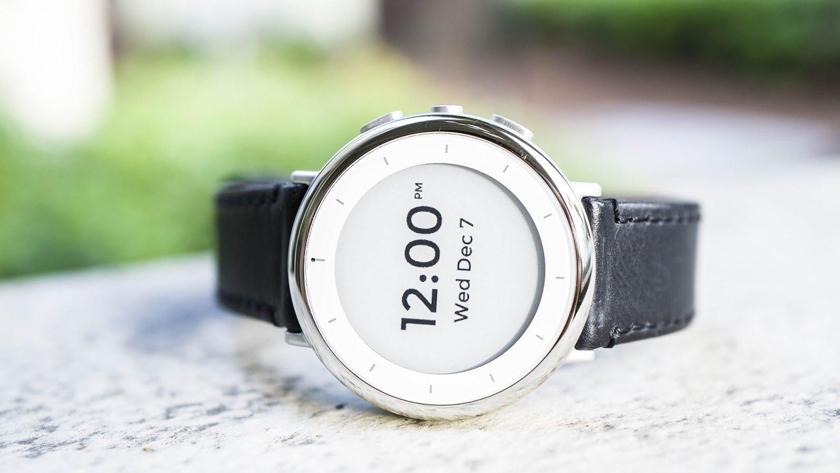Digital health tech on the rise in neurology trials

Verily Study Watch
The use of digital health technologies (DHT) like connected and wearable sensors to improve data collection in clinical trials in neurology is growing at a phenomenal rate, says a new study.
The number of trials using DHTs rose on average by around 39% a year between 2010 and 2020, with a modest fallback in 2021 as the pandemic hit, with growth evident across international, observational, and registry studies, according to a just-published paper in Nature's npj Digital Medicine journal.
The researchers behind the work, from the University of Potsdam and University Hospital Düsseldorf in Germany and Harvard Medical School in the US, said that DHT is being deployed to try to make neurology research more patient-centred, and move clinical trials "beyond single 'snapshots' of disease status toward more continuous measurement of chronic disorders".
There is a fairly long history of using connected devices to measure symptoms in Parkinson's disease, but the last decade has seen a steady and, in some cases, dramatic rise in the use of DHTs in other conditions, like multiple sclerosis, Alzheimer's disease, and epilepsy, fuelled in part by the increasing sophistication of sensors, they said.
That includes DHTs for previously challenging measurements, like repetitive cognitive testing, speech patterns, and monitoring swallowing.
By the end of the follow-up period, the team found that DHT was being deployed in 8.3% of Parkinson's trials and 7.3% of Alzheimer's studies, with MS and epilepsy at 5.8% and 3.3%, respectively, based on data from the clinicaltrials.gov registry.
Most trials tracked patient symptoms such as motor function, sleep, cognition, and speech, with a small minority focusing on other measures, like medication adherence or vital signs of caregivers. There was a high level of gamification in MS trials, with an emphasis on exercise elements, and evidence that pharma companies are starting to develop and partner DHT devices.
Last year, for example, a smartwatch developed by Alphabet's life sciences unit Verily was shown to record data that could serve as digital biomarkers of Parkinson's disease progression in a study also reported in npj Digital Medicine.
The adoption of digital technologies likely reflects the challenges in developing therapies for neurological diseases, the burden of which is growing worldwide and causing "considerable individual suffering and substantial societal healthcare costs", according to the authors.
"R&D investments are needed to identify new therapies, but clinical research faces challenges including high costs, administrative hurdles, and challenging patient recruitment."













